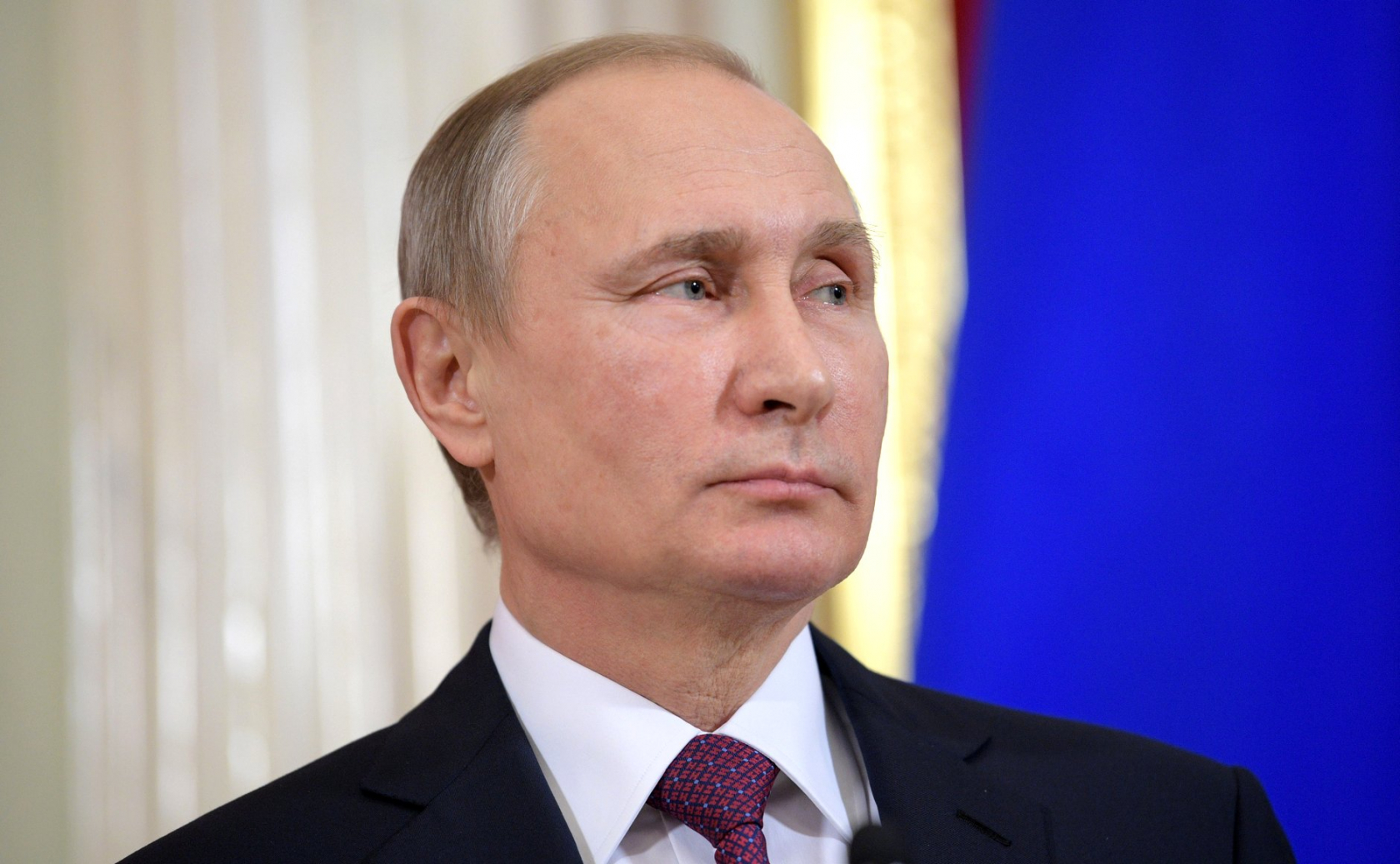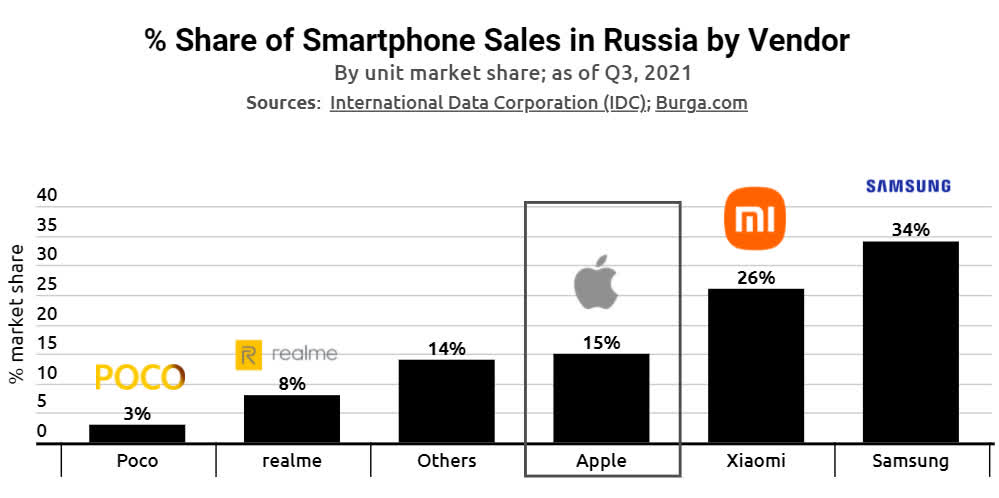What just happened? Russian authorities have decided that Apple's products are too risky for its government employees. As such, they have banned the use of Cupertino's iPhones and iPads for official business over concerns the US could be using them for spying purposes.
As of today (July 17), employees working for Russia's trade ministry are banned from using iPhones for "work purposes," writes the Financial Times. Sanctioned, state-owned oil company Rostec and the digital development ministry intend to introduce or have already implemented similar bans.
This isn't the first time the Russian government has banned Apple products. In March, the Kremlin told staff involved in President Vladimir Putin's 2024 re-election campaign to get rid of their iPhones before the end of the month over fears that Western intelligence agencies could be using them for surveillance purposes. Those who would rather not throw their expensive handset away were advised to "give it to the kids."
Last month, Russia's Federal Security Service (FSB) said several thousand iPhones in the country, including those belonging to diplomats, had been hacked in an espionage campaign attributed to the US.
Apple had the third-largest share of phone sales in Russia before the invasion
Russian group Kaspersky Lab, which has been accused of collaborating with the Russian government on several occasions, said the infections began with an iMessage attachment without any user interaction, adding that it did not have enough technical evidence to attribute the malware to anyone.
The FSB claimed, without providing evidence, that Apple had worked with US government hackers to help them implant the file-stealing malware on iPhones running a year-old version of iOS. Apple said it "never worked with any government to build a backdoor into any Apple product, and never will." Apple did, however, announce iOS patches following Russia's claims and credited Kaspersky Lab for identifying vulnerabilities.
Russia is trying to move away from Western tech and wants to build a domestic mobile ecosystem built on "technologies independent of Western IT giants." It cites Aurora, the Linux-based smartphone OS developed by Russian company Open Mobile Platform, as an example of this policy.
Following the invasion of Ukraine, President Vladimir Putin signed a decree that demanded organizations involved in critical infrastructure move to domestically developed software by 2025, writes FT.
Although Apple was one of many Western countries to pull out of Russia last year, its products are still imported from other nations. Russian phone companies continue to sell iPhones, albeit at higher than usual prices.

